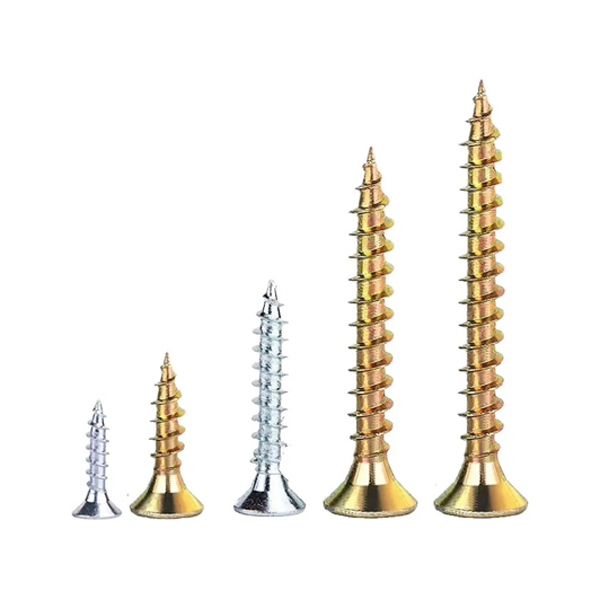Fasteners, an essential component of various industries, hold immense significance in ensuring the structural integrity and safety of a wide range of applications. To maintain uniformity, reliability, and environmental responsibility, fasteners adhere to a set of comprehensive standards. These standards, which cover dimensional, material, surface treatment, mechanical performance, quality control, and environmental aspects, play a vital role in guaranteeing the quality and durability of fasteners.
Dimensional standards are fundamental to the manufacturing process of fasteners. These encompass important dimensions, tolerances, and corresponding codes for various types of fasteners. Widely recognized dimensional standards such as GB/T, ISO, and ANSI/ASME provide guidelines for dimensional consistency, enabling manufacturers to produce fasteners that meet precise specifications.
Material standards dictate the types of materials that can be used for fasteners. Unifying the selection process, these standards encompass metals, non-metals, and plastics, ensuring that only high-quality and suitable materials are employed. GB/T, ISO, and ASTM are common material standards that guide manufacturers in choosing the appropriate materials, preventing substandard or incompatible materials from compromising the fasteners’ overall performance.
Surface treatment standards govern the methods and requirements employed to enhance the durability, corrosion resistance, and aesthetic appeal of fasteners. These standards cover a range of techniques such as galvanizing, phosphating, anodizing, and spraying. By adhering to surface treatment standards like GB/T, ISO, and ASTM, manufacturers can rely on proven processes to protect fasteners from deteriorating environmental conditions and ensure their longevity.
Mechanical performance standards are crucial to evaluate the strength, hardness, torque, and other mechanical properties of fasteners. These standards, often determined by rigorous testing, assess the reliability and performance capabilities of fasteners in demanding conditions. GB/T, ISO, and ASTM mechanical property standards establish benchmarks for manufacturers to produce fasteners that exhibit consistent mechanical performance and meet the specific requirements of different industries.
Quality control standards ensure that fasteners undergo rigorous inspection and testing procedures to guarantee their overall quality. These standards encompass various aspects such as appearance, size, mechanical properties, and surface treatment. By adhering to quality control standards like GB/T, ISO, and ASTM, manufacturers can implement effective quality control measures throughout the production process, minimizing the likelihood of defective or inadequate fasteners compromising applications.
Environmental protection standards focus on minimizing the ecological impact of fasteners throughout their lifecycle. These standards address material selection, surface treatment processes, and waste disposal, among other aspects. Standards like RoHS and REACH aim to reduce hazardous substances, promote sustainable manufacturing practices, and encourage proper disposal methods. Adhering to these environmental standards enables manufacturers to produce fasteners that are not only reliable but also environmentally responsible.
In conclusion, the adherence to comprehensive standards for fasteners ensures their quality, reliability, and environmental compliance. These standards encompass various dimensions, materials, surface treatments, mechanical performance indicators, quality control requirements, and environmental protection guidelines. By complying with these standards such as GB/T, ISO, ASTM, RoHS, and REACH, manufacturers can confidently produce fasteners that meet industry expectations, contribute to safe and efficient applications, and minimize their ecological footprint.
Post time: Oct-16-2023


